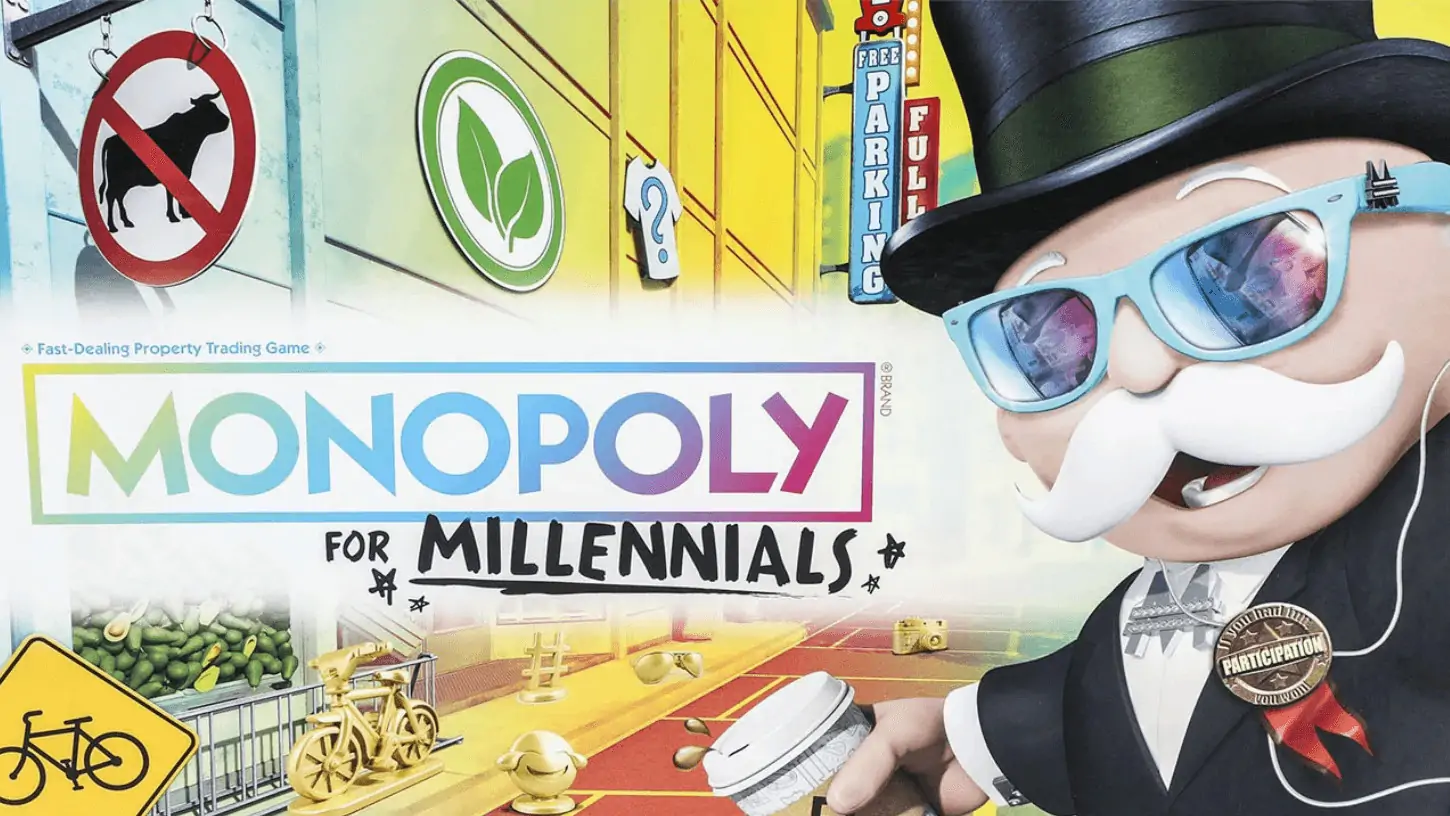
After decades of worrying about “kids these days” and their crazy, no-taboo sex lives, it’s starting to look like things have taken a dramatic shift. New research says teenagers and young adults are having less sex than ever. That ought to come as a relief to many parents, teachers, pastors and others who’ve been fretting about risky behaviors among future generations, but a look under the hood of a few recent studies shows this might be less of an unambiguously good thing than previously thought. The Atlantic‘s deep dive into the changing nature of millennial sex drives by Kate Julian makes for an interesting read.
First of all, there’s the actual stats, which are pretty jarring. According to the Centers for Disease Control and Prevention’s Youth Risk Behavior Survey, the number of high schoolers who say they’ve had sex has plummeted from 54 percent in 1991 to just 40 percent today. As The Atlantic puts it, “in the space of a generation, sex has gone from something most high-school students have experienced to something most haven’t.” And teen pregnancy has continued a steady, rapid decline that began in the 1990s, today clocking it at about a third of its modern high. People in their 20s are two and a half times as likely to be sexually abstinent as Gen Xers were at the same age.
It’d be easy for Christian leaders who’ve been championing more premarital abstinence to cheer these stats, but new research throws a slight wrinkle into the celebration. There is at least some evidence that the decline in sex among young people has less to do with a newfound sexual ethic than it does fears of intimacy, a greater sense of connection with a digital life than a relational one, and anxieties that inhibit the sort of relationships that used to lead to sex. As proof, consider the fact the average American adult has gone from having sex 62 times a year to 54 times — not a huge drop, but it holds for both married and unmarried people.
There are a lot of possible reasons for this and researchers have a ton of theories, but at least part of the answer may have to do with the fact that people are just starting to prefer other things to sex. For example, one study found that the declining birthrate corresponded with increased internet access. There’s also the boom of online porn, which is much easier to access than an actual sexual relationship.
As The Atlantic puts it, “Maybe adolescents are not the hormone-crazed maniacs we sometimes make them out to be. Maybe the human sex drive is more fragile than we thought, and more easily stalled.” Modern trends in sex among young people may be exactly the result many Christian leaders were looking for, but if the causes behind this result aren’t exactly healthy, than modern stats may not be as positive as they seem at first glance.























